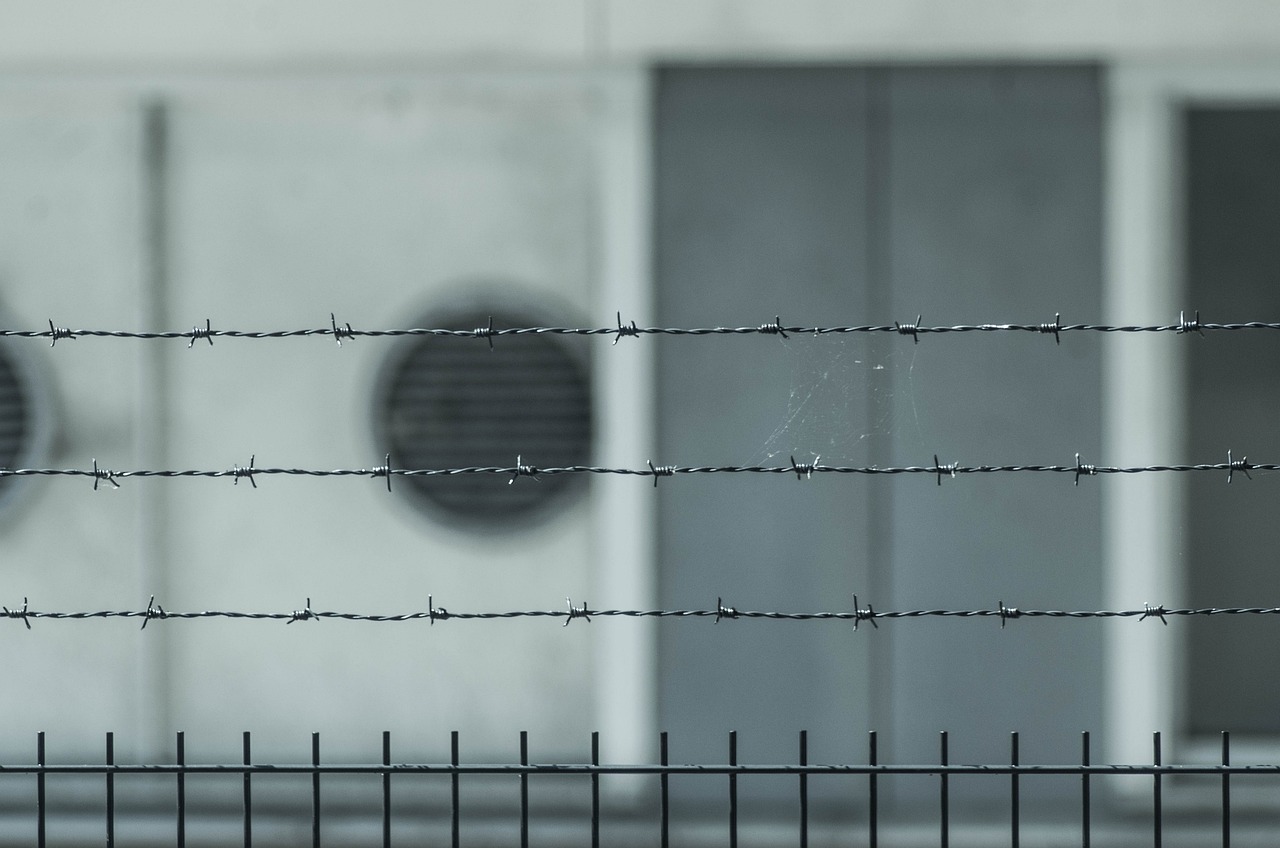- The Most Audacious Cultural Property Thefts in History - April 22, 2025
- P. Diddy and the Culture of Silence in the Entertainment World - April 8, 2025
- Crimes That Made the FBI Rethink Everything - April 5, 2025
The Notorious Gambino Family Trials
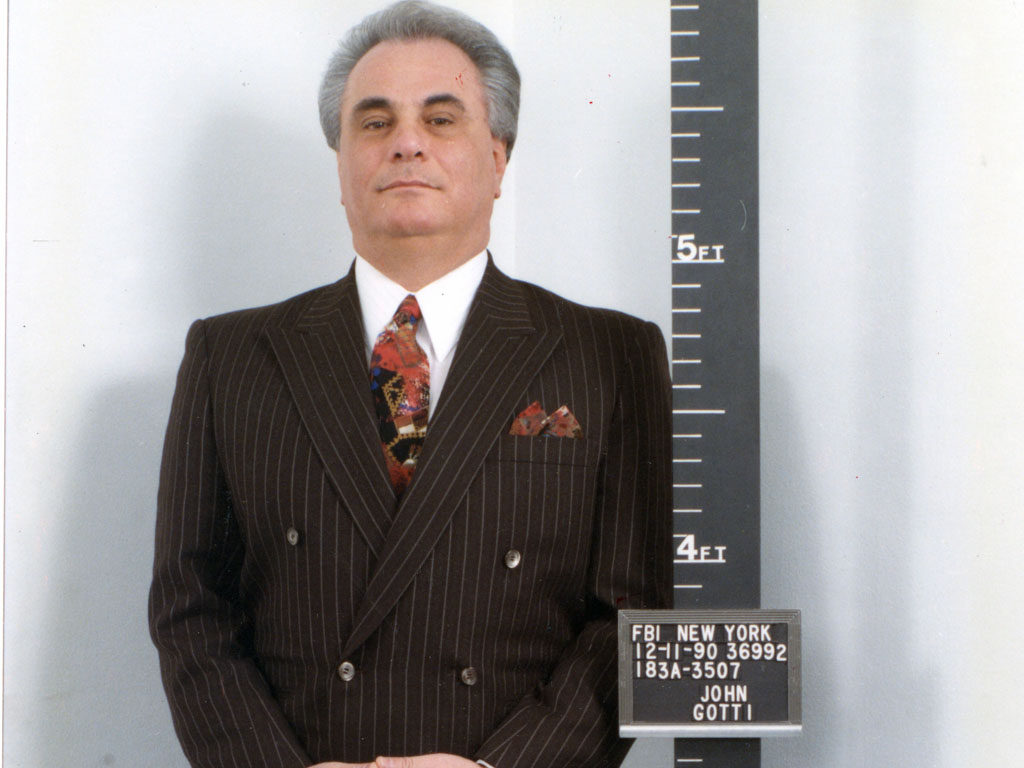
The Gambino crime family, one of the infamous “Five Families” of the American Mafia, has been at the center of several high-profile trials. The most significant of these was the trial of John Gotti, the family’s flamboyant boss, who was often called “The Teflon Don” due to charges against him failing to stick. However, in 1992, his luck ran out. Gotti was convicted of murder and racketeering, resulting in a life sentence. This trial was pivotal in exposing the inner workings of organized crime in America, as it revealed the extensive network and operations of the Gambino family. The trial captivated the nation, as the media painted Gotti as both a villain and a charismatic anti-hero. His downfall marked a turning point in efforts to dismantle the Mafia’s grip on New York City.
The Apalachin Meeting and Its Aftermath

In 1957, a seemingly innocuous meeting in Apalachin, New York, turned into a watershed moment for law enforcement’s battle against the Mafia. Law enforcement officers raided the gathering, leading to the arrest of over 60 mobsters who had come from all over the country. This event shattered the longstanding myth that organized crime was a local problem and exposed the Mafia’s national network. The subsequent trials that followed the Apalachin meeting brought to light the intricate connections between organized crime and legitimate businesses. It also marked a shift in public perception, as people became more aware of the Mafia’s pervasive influence. The Apalachin meeting is often credited with catalyzing increased law enforcement efforts to combat the Mafia across the United States.
The Trial of Al Capone
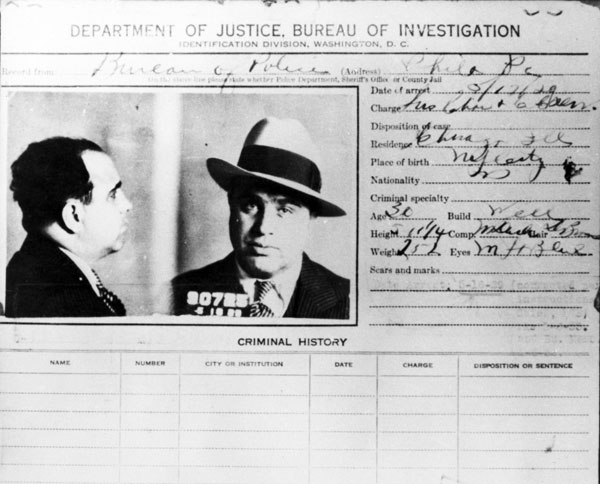
Al Capone, arguably the most notorious gangster in American history, faced trial in 1931, but not for the violent crimes he was infamous for. Instead, Capone was brought down by charges of tax evasion. Despite numerous allegations of murder and racketeering, it was his failure to pay taxes that led to his conviction. Capone was sentenced to 11 years in prison, highlighting the government’s strategic approach to tackling organized crime through financial crimes rather than violent offenses. His trial underscored the message that no one, not even the most powerful mob boss, was above the law. Capone’s conviction served as a template for future law enforcement efforts against organized crime figures.
The Commission Trial
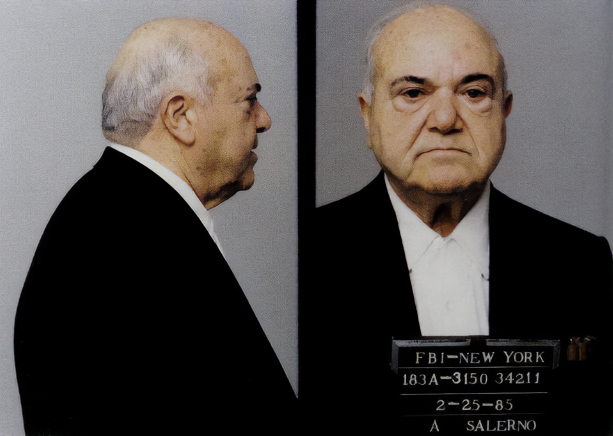
The Commission Trial of 1985 was a landmark case in the U.S. government’s fight against the Mafia. This trial targeted the leaders of the Five Families, including notorious figures like Anthony “Fat Tony” Salerno. The trial was the result of a major investigation that revealed the Mafia’s hierarchical structure and the Commission’s role in orchestrating criminal activities across the nation. The trial led to significant convictions and was a major blow to the Mafia’s power. It demonstrated the effectiveness of using RICO (Racketeer Influenced and Corrupt Organizations Act) statutes to prosecute organized crime. The Commission Trial was instrumental in dismantling the Mafia’s stronghold in America and paved the way for future prosecutions.
The Whitey Bulger Saga

James “Whitey” Bulger, a notorious figure in the Boston underworld, managed to elude capture for years before being apprehended in 2011. His trial in 2013 was a sensational affair, revealing his deep connections to law enforcement and the extent of his criminal activities. Bulger was convicted of 11 murders and sentenced to life in prison. His case highlighted the murky intersection of corruption and organized crime, as it was revealed that Bulger had acted as an informant for the FBI while simultaneously engaging in criminal enterprises. The trial exposed the ethical complexities and challenges faced by law enforcement in dealing with informants who have their own criminal agendas.
The Genovese Family Trials

The Genovese crime family, another of the Five Families, has been involved in several significant trials, particularly in the 2000s. The 2003 trial of acting boss Daniel “Danny” Leo brought to light the family’s operations in labor racketeering and extortion. The trial resulted in multiple convictions and showcased the ongoing influence of the Mafia in various industries. It also highlighted the adaptability of organized crime, as the Genovese family continued to wield power despite previous law enforcement efforts. These trials emphasized the importance of sustained vigilance and innovative strategies in combating organized crime.
The Mafia’s Influence on Pop Culture
Mafia trials have not only captivated the legal world but have also left an indelible mark on pop culture. Iconic films like “The Godfather” and “Goodfellas” draw inspiration from real-life events and trials. These portrayals have shaped public perception of the Mafia, often romanticizing their criminal activities while also exposing the brutal realities of their operations. The dramatic narratives of these trials have provided a rich tapestry for filmmakers and writers, ensuring that the allure of the Mafia continues to captivate audiences worldwide. This cultural fascination with the Mafia has contributed to the mystique and notoriety surrounding these criminal organizations.
The Role of Informants
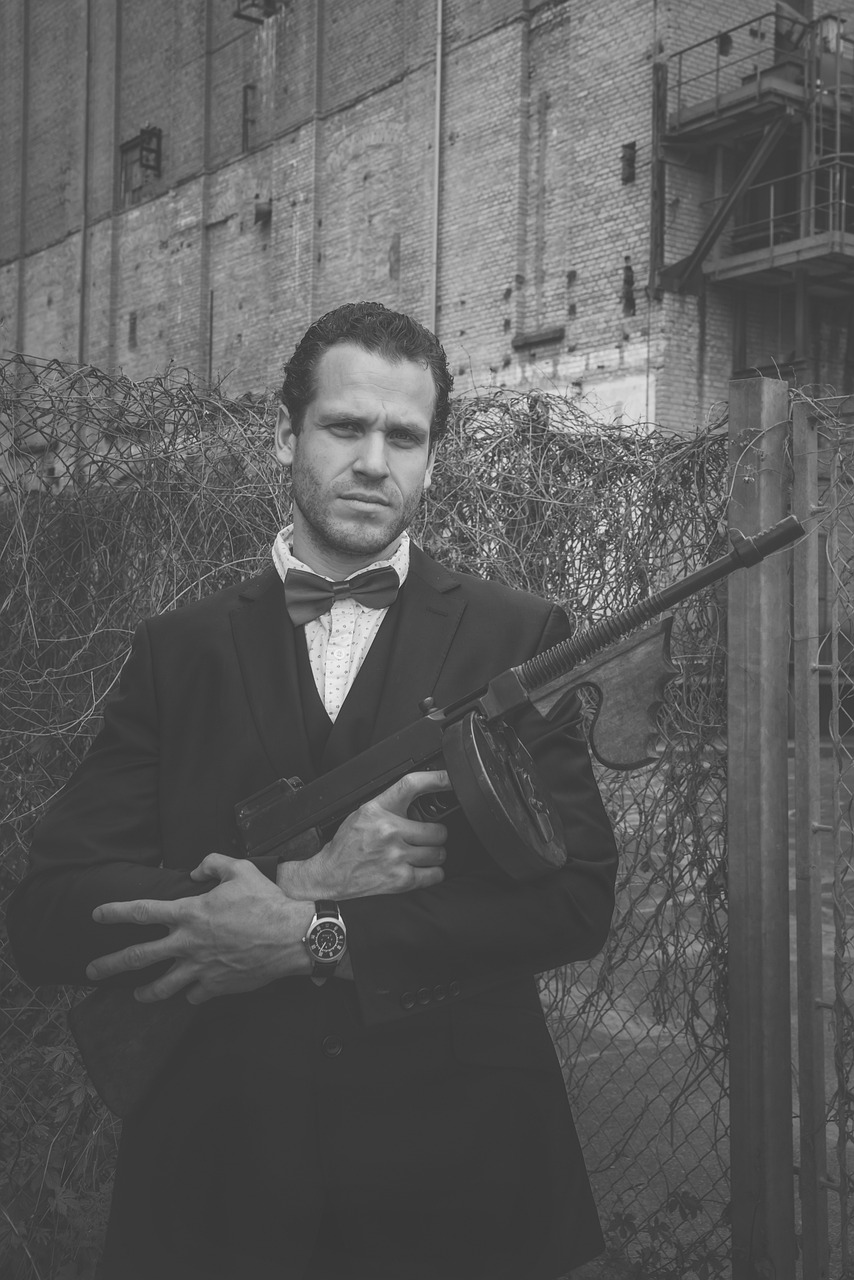
Informants have played a crucial role in many Mafia trials, often providing the insider information needed to secure convictions. The testimony of former mobsters has been instrumental in dismantling crime families. However, the use of informants, such as Salvatore “Sammy the Bull” Gravano in the Gotti trial, has raised ethical questions about the justice system. Critics argue that the reliance on informants can lead to unreliable testimonies and questionable deals. Despite these concerns, informants remain a vital tool in the fight against organized crime, offering insights that are otherwise difficult to obtain through traditional investigative means.
Recent Developments in Mafia Trials

In recent years, there have been renewed efforts to combat organized crime, leading to several high-profile arrests and trials. The 2020 arrest of Genovese family member Michael “Mikey” DeSantis underscored ongoing law enforcement efforts to curb Mafia activities. These developments indicate that while the Mafia’s power may have waned, it still poses a significant threat. Law enforcement agencies continue to adapt their strategies to meet the challenges posed by evolving criminal enterprises. The persistence of these efforts highlights the commitment to dismantling organized crime networks that continue to operate in the shadows.
The Future of Mafia Trials
As law enforcement continues to adapt to the evolving landscape of organized crime, the future of Mafia trials remains uncertain. With advancements in technology and investigative techniques, authorities are better equipped to tackle these criminal organizations. However, the Mafia’s ability to adapt and infiltrate legitimate businesses poses ongoing challenges for law enforcement. The future will likely see more sophisticated methods to combat organized crime, with a focus on cutting off financial resources and prosecuting leaders. The continued vigilance and innovation in law enforcement efforts will be crucial in ensuring that the Mafia’s influence is kept in check.




